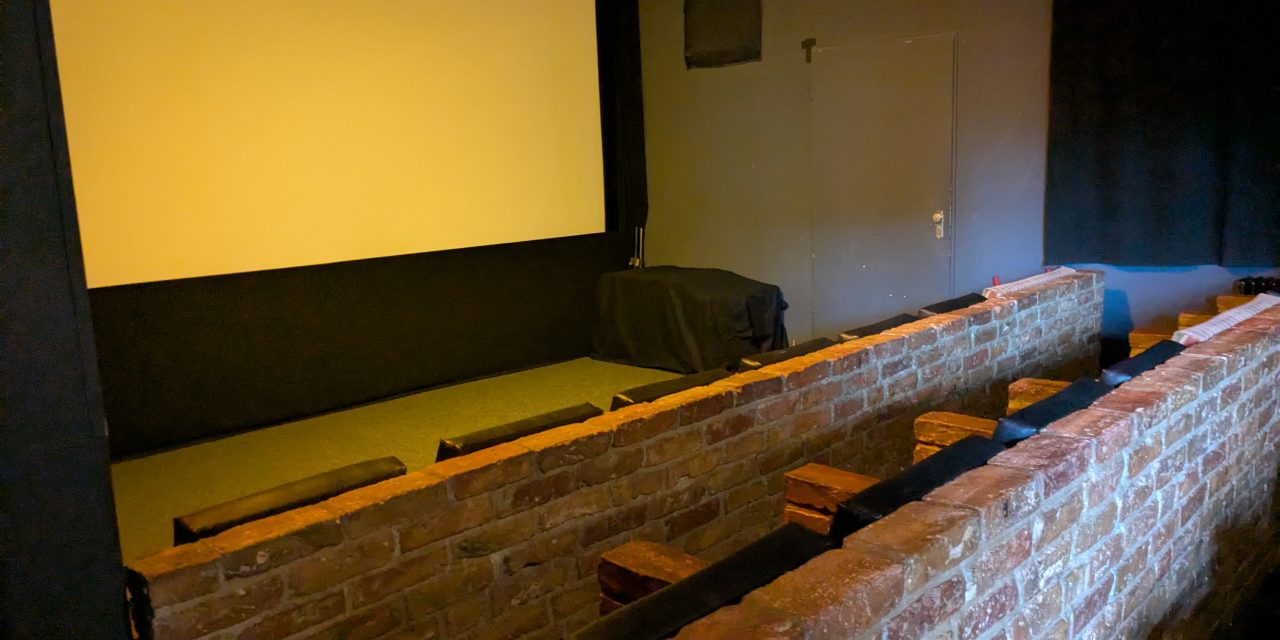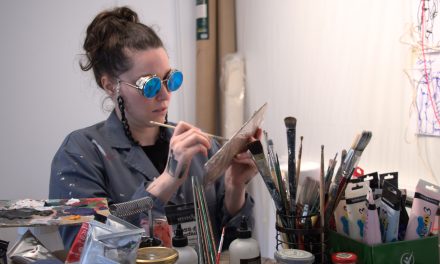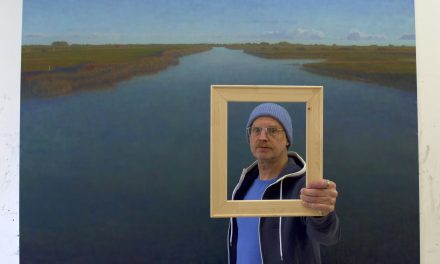Over a hundred small, independent cinemas are still going strong in Berlin, not because of big-name blockbusters or massive budgets, but thanks to a deep love for film, a rich history, and a whole lot of heart. They may not have the flashy marketing or stadium seating of chain theaters, but what they do offer is something more personal: character, community, and a passion for films that often live outside the mainstream.
In a world where streaming is becoming the norm and cultural funding is on the chopping block, Berlin’s indie cinemas are doing what they’ve always done, adapting, getting creative, and holding on.
At Sputnik Kino in Kreuzberg, film is more than a job, it’s a way of life. Marcelo, who’s been part of Berlin’s indie cinema world for over 30 years, says his path into film felt inevitable. “It’s my passion,” he says simply. Originally from Brazil, Marcelo found his love for cinema through the cineclub movement, a grassroots format inspired by France that focused on art films and community. That spirit lives on at Sputnik, where the seats are made from bricks and the bar sometimes doubles as a screening room. It feels more like a gathering space than a traditional theater.
And that’s kind of the point. Sputnik isn’t just about showing films, it’s about sharing them. The cinema hosts Q&As, festivals, and events like Open Screening, where anyone can bring their own short film to show. “It’s like open mic night, but for movies,” Marcelo laughs. “You meet people, trade ideas, sometimes end up collaborating.” For him, it’s not about just keeping the lights on, it’s about making something meaningful, together.
The rise of digital technology has completely reshaped both how films are made and how people watch them. For Berlin’s indie cinemas, it’s been both a blessing and a curveball. “There’s beauty in how easy it is now to create something,” Marcelo says. “You don’t need huge budgets anymore to make a film that matters.” Cheaper equipment and editing tools have opened the doors for more voices, but it also means a flood of content competing for attention. And then there’s streaming. During the pandemic, a whole generation grew up with cinema on their phones, not in theaters. “They got used to watching everything at home,” says Wolf, who runs four indie cinemas in the city, including Moviemento, Germany’s oldest still-running movie house. Some are coming back now, but the viewing habits have changed.
Platforms like MUBI have helped spark interest in lesser-known films, which Wolf appreciates. But they also keep audiences at arm’s length from the communal experience of going to the movies. On top of that, digital distribution means theaters sometimes have to show the same film all day if they want access to certain titles. “Distributors push for that,” Marcelo says. “But we want variety, we want to show more.”
As passionate as these theaters are, they still need funding to survive, and right now, that’s getting harder. Marcelo and Wolf both worry about recent cultural budget cuts in Berlin. “The city’s savings plan is hitting the arts hard,” Marcelo says. “There’s less funding, fewer opportunities.” For smaller venues, even modest subsidies can be a lifeline. Ironically, some cinemas might avoid the worst of the cuts for now, because they’re not officially categorized as “culture.” “Usually that’s a problem,” Wolf notes. “But in this case, it’s helping us dodge some of the funding slashes.” Still, long term, the picture isn’t pretty. Grants for renovation, programming, and awards could disappear. And it’s not just about money, it’s about recognition. “Institutions here are very rigid,” Marcelo says. “They don’t always see the value in what we’re doing.” But that flexibility and creativity are exactly what make places like Sputnik and Moviemento special.
Despite the odds, Berlin’s indie cinemas aren’t trying to fight the multiplexes, they’re just doing their own thing. Wolf doesn’t see a hard line between “mainstream” and “indie.” “If a film has something to say, I’ll show it,” he says. At Kino Central, his team even screens some of the same films as the big chains, just in original languages with subtitles. People often stumble in by accident, and end up hooked on the vibe.
Marcelo agrees. “Movies are like people, they all have their place,” he says. Even a blockbuster can be meaningful, as long as it’s made with heart. What sets independent cinemas apart is the connection, with the audience, with the work, and with each other.
In the end, Berlin’s indie theaters are more than just places to watch movies. They’re places to feel something, to be part of something, to celebrate film as a living, breathing art form.
What Marcelo and Wolf remind us is that independent cinemas are more than just places to watch films, they’re spaces where stories are shared, communities are built, and creativity is kept alive. Even as they face budget cuts, changing habits, and the rise of streaming, their dedication hasn’t wavered. Marcelo believes in keeping cinema human, open, and alive with possibility. Wolf sees value in every film that has something real to say, no matter where it comes from. Their work isn’t just about keeping theaters running—it’s about keeping culture connected, one screening at a time.




